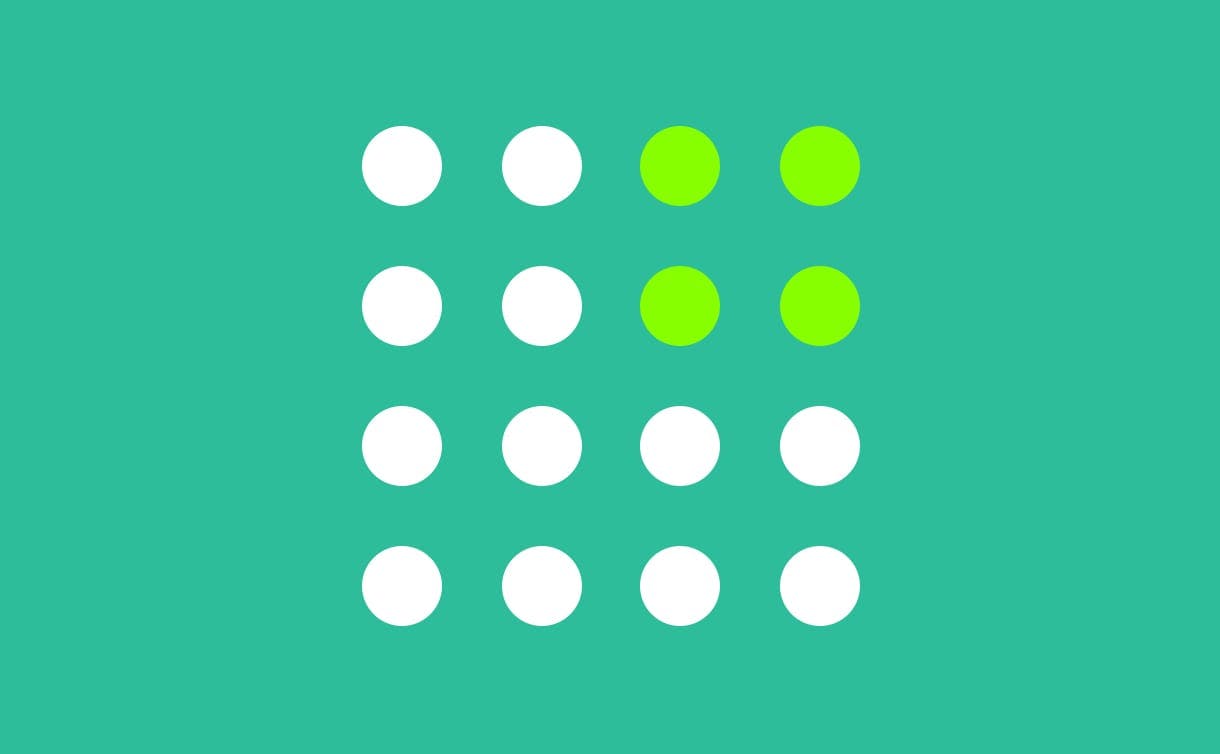How to clear brain fog
Clearing brain fog can be tricky—learn the brain-friendly habits that can help support you.


Have you ever felt like your brain is a little foggy, you can’t concentrate, or you’re running on autopilot? You’re not alone—since the pandemic, cases of brain fog are on the up. That’s why it’s important to know how to improve your mental clarity and get rid of brain fog for good.
5 tips to clear brain fog
1. Get enough sleep
One of the best ways to get rid of brain fog is by getting enough shut eye. Sleep is essential for brain function, and a lack of sleep can impact your memory, mental performance and mood. The recommended amount of sleep per night is between 7-9 hours; however, some people need more or less than this depending on their individual needs.
You can get deep sleep by sticking to a regular bedtime routine that includes relaxing activities like reading or listening to music before bedtime. You should also avoid drinking alcohol or eating big meals close to bedtime, as this disrupts your circadian rhythm (the body's internal clock). In addition, avoid tea and coffee after lunchtime as it will keep you awake at night and make it harder for you to fall asleep.
2. Be mindful of what you are eating
It should be no surprise that what you put into your body can have a significant impact on your noodle (pun intended). That’s why the first step to getting rid of brain fog is looking at the foods you eat and making sure that they form a balanced, nutritious diet.
You can do this by avoiding processed foods, which are often high in sugar and refined carbohydrates, and focus on eating whole grains, fruits and vegetables (and plenty of nuts) instead of white breads, pastas or sugary cereals—your brain will thank you. Make sure to drink plenty of water too, after all, your brain can’t function without it.
There are also certain nutrients that work wonders for mental clarity, such as B vitamins (particularly B1), magnesium, and omega-3 fatty acids. These nutrients play an important role in regulating neurotransmitters like serotonin, dopamine and acetylcholine; all three are associated with improved memory function as well as clear thinking.
3. Move your body
Exercise is one of the best things you can do for your body, and your brain. Exercise has been shown to increase cognition and help you think more clearly. It also helps maintain normal mood and energy levels, making us happier, more productive, and ready to squeeze the juice out of life.
It’s important to get moving every day—even if it’s just a quick walk around the block after lunch, or doing a quick HIT workout in your sweats. If you aren’t already exercising regularly, start small with a few brisk walks spread throughout the day (10-20 minutes at a time), before building up to something more challenging, such as jogging, swimming, dancing, vogueing… anything that moves you.
4. Change the way you use technology
You might not get square eyes, but too much screen time could be contributing to your brain fog. Research is still ongoing, but excessive use of smartphones can shorten your attention span and teach your brain to crave short, sharp bursts of dopamine, even when we’re not scrolling, which is a recipe for encouraging brain fog symptoms.
The way to combat this is by limiting the amount of time you spend looking at screens throughout the day, especially at night. Brain fog can be caused (and cause) sleeplessness, and scrolling close to bedtime can mess up our sleep patterns, therefore encouraging or exacerbating brain fog. Try setting a bedtime reminder to stay on top of it.
5. Tweak your routine
Shaking up stale routines can help get rid of brain fog—from getting out in nature, to picking up a new hobby. Whatever you choose, just ensure it’ll make you (and your brain) happy—it’ll help you cope with the symptoms of brain fog, and get you one step closer to banishing it for good. If you’re stuck for ideas, why not try the following:
Get out into Mother Nature
Pick up a new hobby or sport
Do something creative
Try meditation or yoga
Take breaks from technology
Reconnect with family and friends
How long does it take for brain fog to go away?
There is no definitive answer to this question—fogginess can last for weeks, months, or even longer after you recover from Covid. Most people find their symptoms improve over time by eating well, getting plenty of rest, and practicing braincare.
Can I get rid of brain fog?
Yes! Brain fog can be eliminated—over time, it’s possible to improve your memory, focus, and mental clarity. You can start feeling like yourself again by taking a few simple actions. The first step is to identify what’s causing your brain fog, then you can take steps to fix it.
If you’re struggling to manage brain fog symptoms on your own, speak to your doctor or local GP.